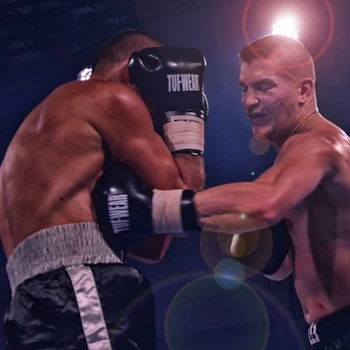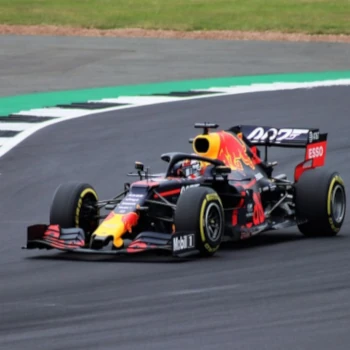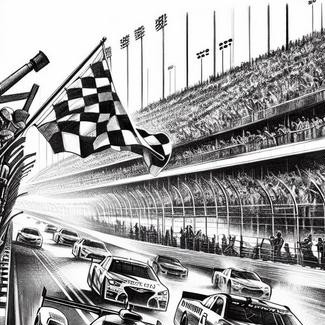The Daytona Duel: A Race to Remember
The NASCAR Daytona Duel #2 concluded in spectacular fashion, with Austin Cindric clinching a win that had fans on their feet. But what does this victory mean in the grand scheme of NASCAR racing? The race was marked by an unexpected late caution that turned the tide, leaving Erik Jones pondering a significant “what if” moment. This incident has sparked discussions about race strategy and the unpredictable nature of motorsports.

🔥 Ultimate UFC Luxury Watch! 🔥
Stand out at any fight night or party
with this bold, stylish timepiece.
A Closer Look at the Race Dynamics
The Daytona Duel is not just a prelude to the main event; it serves as a critical testing ground for drivers and teams. Cindric’s performance showcased his ability to adapt under pressure, especially as the race neared its conclusion. The late caution brought about a flurry of activity, with teams scrambling to adjust their strategies. It’s moments like these that remind us why we love motorsports—the sheer unpredictability and excitement that can change everything in a heartbeat.
On the flip side, Erik Jones’ experience highlights the bittersweet nature of racing. While he had a strong showing, the late caution robbed him of a potential win. This incident serves as a reminder that while skill is essential, luck also plays a significant role in the outcome of races. After all, what’s racing without a little drama?
As we look ahead, the Daytona Duel #2 sets the stage for the upcoming season, with drivers now more aware of their competitors’ strengths and weaknesses. Each race is an opportunity for growth, and the lessons learned here will be instrumental as the season progresses. Fans can expect to see more thrilling finishes and strategic battles as the drivers take their experiences into future events.
So, what do you think about Cindric’s win? Was it pure skill, or did luck play a part? Share your thoughts in the comments below!






